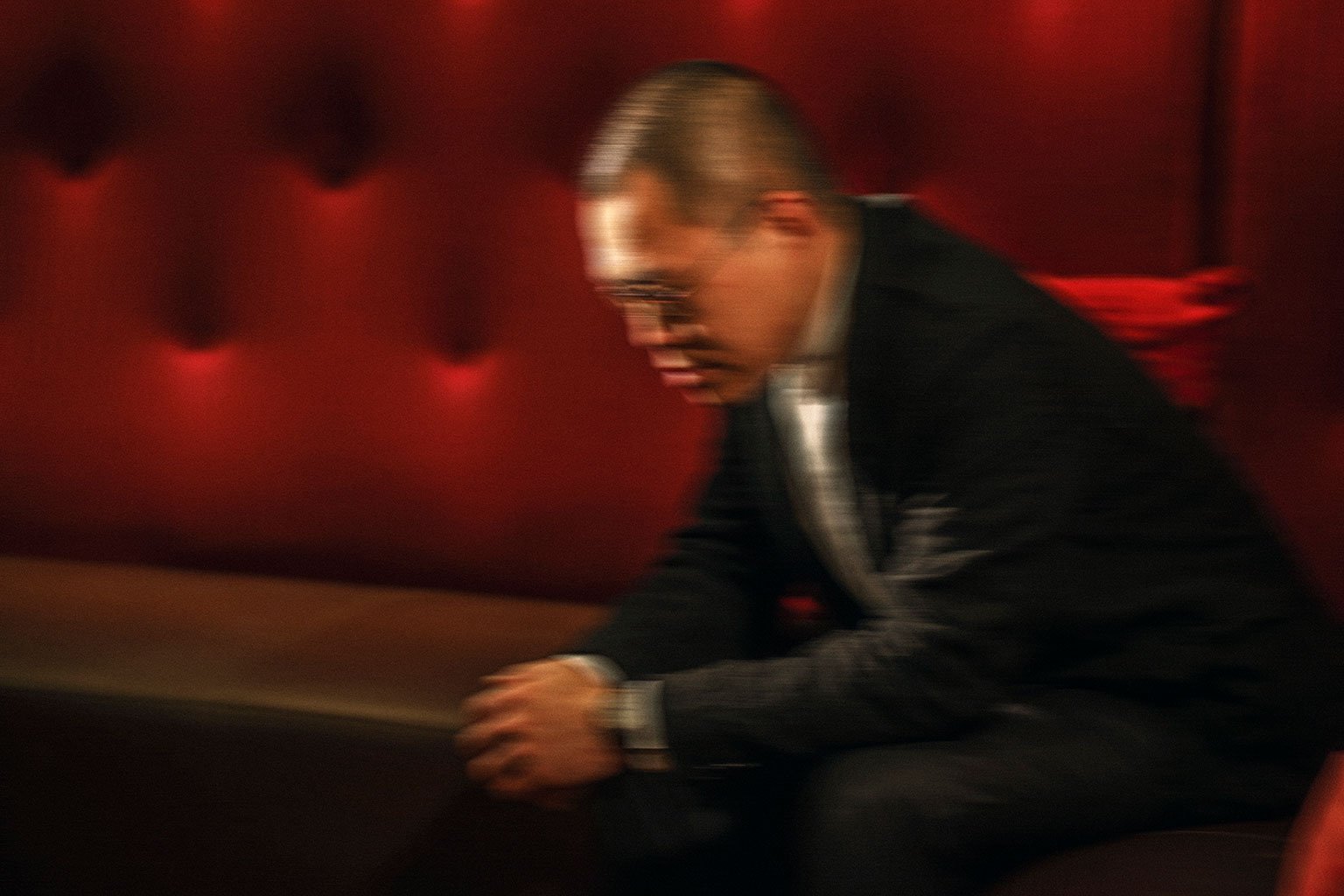Liu Xiaobo has died. The activist penned essays calling for political reform in China, led independent publications that ran counter to party ideology, and rose to become a leading scholar on the subject in overseas academia. In 2010, he was awarded the Nobel Peace Prize for “his long and non-violent struggle for fundamental human rights in China” while serving year two of an eleven-year sentence, his fourth period of incarceration by the Chinese state. Yesterday, he died of organ failure in a hospital in Shenyang, where he was transported in the final stages of terminal liver cancer.
After “controversial” events like these, the state censor will kick into high gear, wiping any trace of discussion from the web. The censors have been particularly active recently, and even sympathetic posts that do not include Liu’s name have been quickly and quietly vaporized. For instance, the candle emoji – often used to express mourning – has disappeared from the Twitter-like Weibo altogether. On WeChat, the country’s ubiquitous chatting app, even sending his name in English will cause one’s entire message to be deleted (though we have seen the stray candle floating around in public posts on WeChat newsfeeds). Posts openly referencing Liu’s work are casually incinerated by the Great Firewall.
Liu’s death leaves a sour taste in the mouth of the international community, many of whose foremost leaders had condemned China’s refusal to allow the Nobel laureate to leave the country during his last days. Media coverage on the issue is different depending on where you look. The state-operated Global Times put out a distressingly Orwellian op-ed titled “Liu Xiaobo a victim led astray by West.” Foreign Policy put out a good piece on how Liu’s countrymen are reacting, or not reacting, to the treatment of the activist, arguing that their victim-blaming is a psychological defense mechanism against their own powerlessness in the face of their government.
But maybe it’s not that the overwhelming majority of Chinese citizens are so quick to denounce Liu’s efforts, but that the voices in support of his struggle are squelched so quickly. Now not just public posts, but private messages containing his name are being deleted before they’re even sent.
“Everyone’s trying their best to get their voices heard,” one friend told me. “A lot of people are sharing songs or poems. I saw a lot of people share Do You Hear the People Sing, the revolution song from Les Mis. A lot of people changed their profile pictures to all black.”
“Are you sure you want to write about this?” asked another friend. “This is sensitive af.”
Still, average citizens in China are doing what they can to publicly mourn this “enemy of the state.” As reported by SCMP:
Many articles and poems written by Liu or his wife, plus the cover of Liu’s doctoral thesis, were widely circulated on WeChat.
“Rest in peace, Dr Liu of Beijing Normal University,” one of the posts said.
Internet users also posted screenshots of reports and obituaries released by overseas media about Liu’s death.
In one or two weeks, the censors will relax their focus on Liu Xiaobo from a white-knuckled vice grip to a firm and uncomfortable hold. The candle will be back, and perhaps so will the illusion of near-free speech. People will continue to do what they can to get their voices out, and the state will continue to perceive them as criminals. Liu Xiaobo wrote that China’s political reform “should be gradual, peaceful, orderly and controllable and should be interactive, from above to below and from below to above.” But in a country where a stubborn and immovable above continues to ignore signs from below of a need for change, progress remains slow and difficult.


















